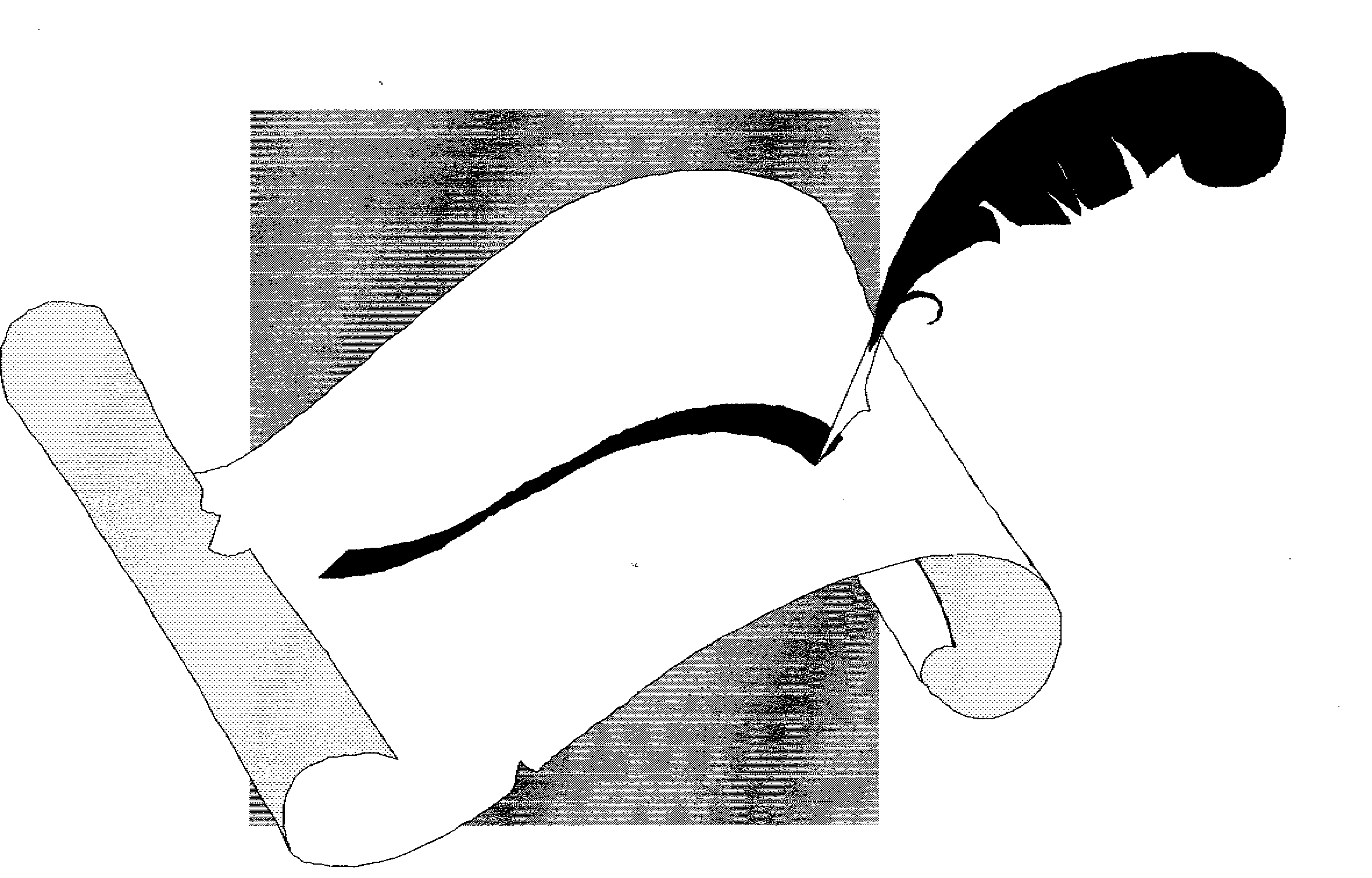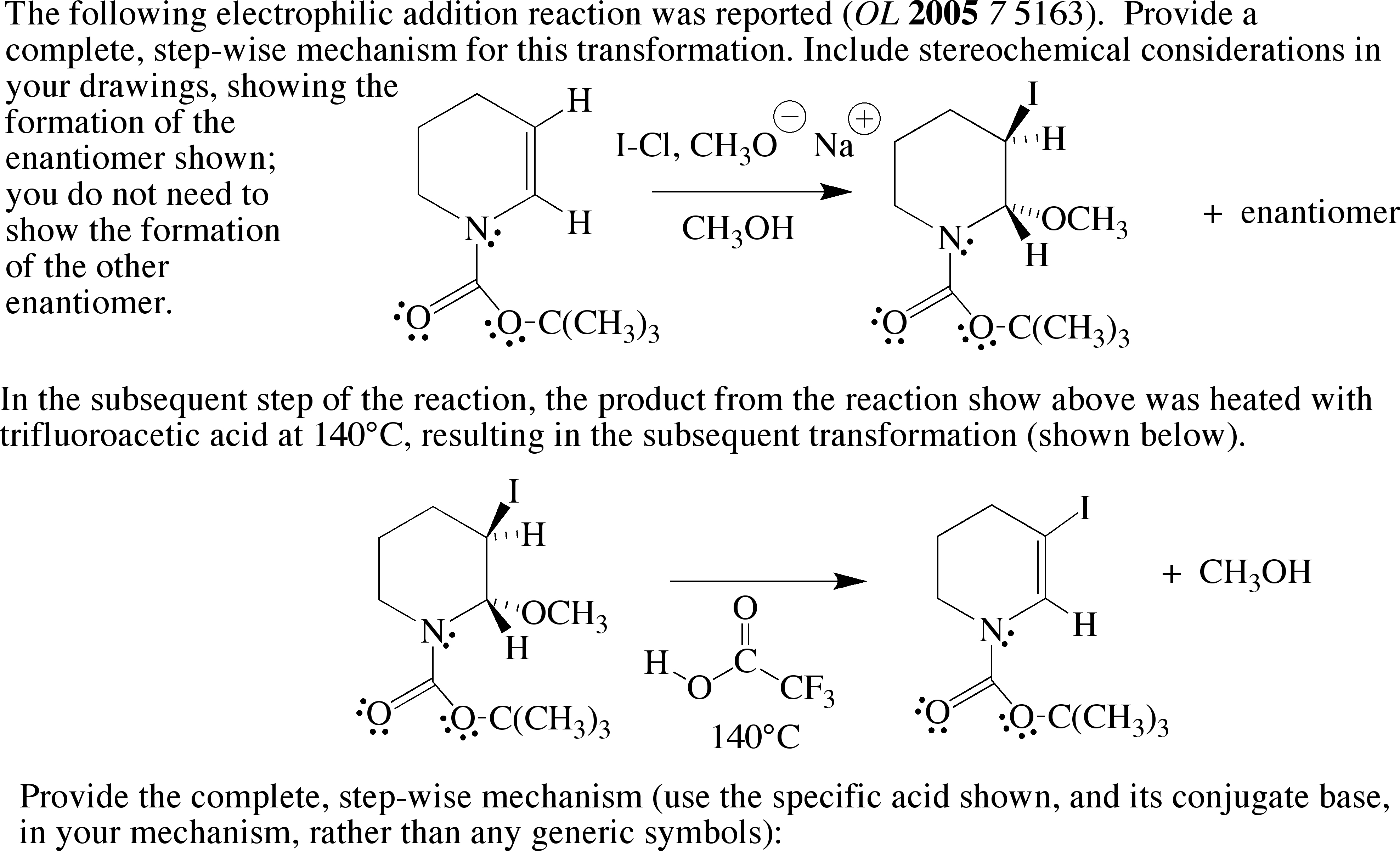Students are not consumers of education...
As far as I am concerned, the consumerist mentality that has dominated higher education for the last 15 or so years is counterproductive to the goals of an authentic education. Institutions are now obsessed with the tangible quid pro quo of exchanging tuition for service (a version of the world's oldest profession... but let's leave that alone for a moment). This mentality promotes and supports the idea that the mere transfer of information sits at the heart of what we do - and that is just wrong - as well as sets the stage for the proliferation of commercial education ventures that claim, with this assumption of commerce-only, that they are the same as we are, and accomplish the same goals. When I had the (wonderful) opportunity to make a public address in response to the 2009 Professor of Year award, I decided that this was a topic worth some attention.
"For years, I have tried to understand my exceptionally strong discomfort with the student-as-consumer mindset that has hit higher education like it was the right idea. In my not so humble opinion: the consumerist mindset drives a wedge between students and their fundamental interactions with each other, with professors, and with the outcomes from an authentic education."
 Read
the rest of the statement, here.
Read
the rest of the statement, here.
 Read the introduction by Prof. PJ Alaimo (thanks!)
Read the introduction by Prof. PJ Alaimo (thanks!)
The Award was predicated, in part, on the "Passion for Teaching" statement that nominees need to submit.
"I want students to achieve at levels that surprise them.
This process usually begins at 9:10 on a Wednesday morning in early September
when I have the mind-boggling thrill of teaching organic chemistry to 450
first-year students.
"Organic chemistry—these two words can bring a dead stop to the polite
chat you were having with the person next to you on a plane from Detroit
to San Francisco. And yet, on those early Wednesday mornings, I have an
incredible opportunity to leverage an important thing we know about the
transition from high school to college: students expect college to be different
from high school."
 Read
this rest of the statement, here.
Read
this rest of the statement, here.
My general philosophy of teaching invovles the value of teaching in learning, because there is a unique perspective that anyone brings to their understanding of something when they contemplate and organize their thinking in order to make it available for others. As you can learn, elsewhere, there is a body of educational research that supports this notion: when you are explicitly aware of the need to teach something you are learning, you will fundamentally learn it in a deeper and more complex way than if you are only thinking about yourself as the audience. Because we ask students to teach us in order to assess their understanding (we call them exams, papers, and assignments... but they are really teaching events), this perspective on learning is important to understand and forms the foundation of my philosophy on teaching.
 My philosophy of teaching statement
can be read, here.
My philosophy of teaching statement
can be read, here.
Organic Chemistry at the University of Michigan
Chemistry 210 - Structure & Reactivity I
Chemistry 210 - Structure & Reactivity I (Honors option - see sidebar)
Chemistry 215 - Structure & Reactivity II
Chemistry 215 - Structure & Reactivity II (Honors option)
Chemistry 211 - Investigations in Chemistry (lab)
Chemistry 211 - Investigations in Chemistry (lab - Honors option)
Chemistry 216 - Synthesis & Characterization of Organic Compounds (lab)
And a special integrated section of Chem 215/216 with a research/project
focus
In my view, one of the reasons Organic Chemistry is viewed so - how shall I say it? - uniquely in the pantheon of science classes is precisely what makes it so interesting to teach. Organic Chemistry is likely the first science class - ever - that is not a general survey of topics, but rather a coherent whole... a real look at a disciplinary area. Until Organic Chemistry, students will have taken general biology, general chemistry, and general physics. The only people who study general science are, well, students, in order to take tests in it.
Organic Chemistry, Biochemistry, Genetics, Relativity, and so on, are specific areas of expertise. People study aspects of these quite deeply; but more than that, the instructional design for such subjects is radically different than general classes. General classes are rather similar to a trip to the mall: stoichiometry over here, acid-base in that corner, thermodynamics over there... a hodge-podge of topics under the same roof. But the fact is, these classes are organized on a nearly weekly turnover cycle. You miss acid-base completely? That's OK, it's not actually being built upon, so you get a fresh start. This is nice, but it sets up a really tough mind-set for moving into an area where the ideas are all build upon one another, and so if you miss it at the start, you begin to rack up a cognitive debt that is hard to get over.
In 1989, we (the department of chemistry at the University of Michigan) acknowledged that many of our incoming students have enough of a general chemistry background that would allow them to start their college chemistry with the Organic classes. And so, since then, roughly 60% of the 1200-1500 students who take Organic Chemistry in the fall semester are first-term, first-year students.
I've taught and otherwise helped the development and oversight for these classes since 1989. We take a strongly mechanistic approach to the subject, and emphasize strongly that this is a living subject that people study - including by basing our examination questions on providing data from the contemporary literature, which is as strong a signal as anyone might give that simply becoming familiar with the text, or the old exam problems, is only the start, not the end, of learning this subject. One must be able to create meaning from new and unfamiliar situations.
Here is an one example of an examination problem from the first-term class:

Here is an one example of an examination problem from the second-term class:

I've also been responsible for developing other classes over the years.
Chemistry 401/402 - Chemistry for Chemistry Teachers
From 1988-1990, the department collaborated with the School of Education to offer a chemistry class that would be taken concurrently by the pre-service upper elementary students who were taking their Science Methods class. In Chemistry 401/402, we used a series of counterintuitive events to begin each class. For example, we would fill a balloon with water, light a candle, and tell the students to predict what would happen (and why) if the bottom of the water-filled balloon were touched to the flame. They needed to provide an explanation for their prediction, using both words and pictures of what they thought might be happening at the molecular level. Then we would do what we said. The result (that the balloon does NOT burst and extinguish the flame) then needed to be reconciled, and proved to be the basis for discussion during that class period. At the start of the next class session, there would be two demonstrations - one that reflected the previous week's lesson (a boat made of paper is suspended, half-filled with water, and a candle is placed beneath it) and another that set up that day's discussion. In their Methods class, the students would think about how to transform what they were learning into lessons for upper elementary children.
University Course 260 - Law, Ethics, and the Life Sciences
Between 2001-2003, I taught as part of a team of faculty members who created UC 260. The idea was to bring together instructors from the sciences, medical sciences, law, history, and philosophy, in order to have ANY university student wrestle with the different perspectives that might come into play with, for example, the irradiation of vegetables... or stem cell research... and so on. At the end of the term, the students worked in teams and identify a problem for which these three perspectives needed to be drawn out, addressed, and presented in a creative format (a web site, a play, a comic book, a movie...).
History 333 - Big History
Admittedly, I was a guest lecturer for 3 days in this multidisciplinary class, offered for the first time in 2008, but the concept was a good one. The "Big History" concept is one where students are taken from a few femtoseconds, or less, after the Big Bang, and marched forward through time, and the consequential development of physics, geology, chemistry, biology, sociology, and so on, as the universe become more and more organized and the earth became populated. It was a terrific challenge to convey coherently a little bit about my discipline from this historical perspective.
